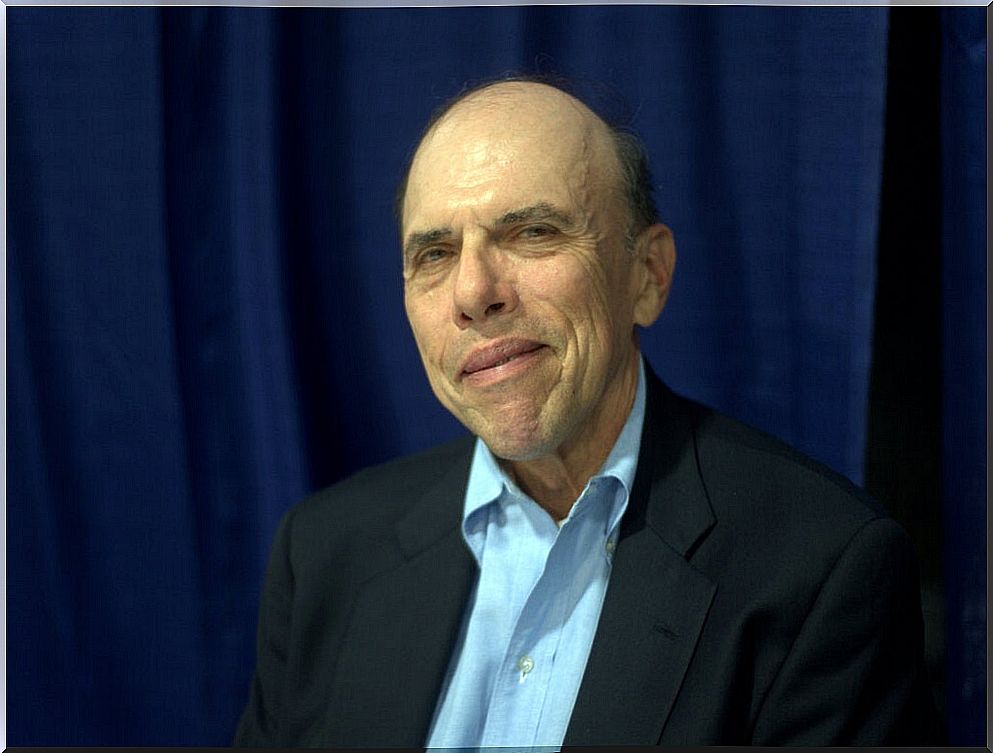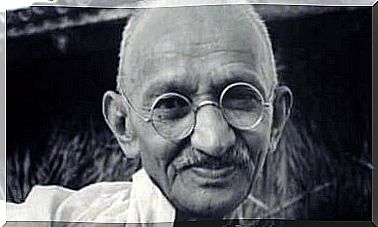The Efficiency Paradox, According To Edward Tenner

Edward Tenner was a professor at Princeton University, and then began a successful career as an independent consultant. In addition, he owns some of the most watched talks on the TED platform. Among them, his lecture on the paradox of efficiency stands out.
The efficiency paradox is a concept that tries to broaden our perspective on what we know as income. Today, efficiency is not only appreciated, but it is the north for many companies when it comes to setting salaries or hiring.
What Edward Tenner argues is that sometimes the fixation that may exist around efficiency can make individuals and organizations inefficient. This is the efficiency paradox.

Efficiency
Efficiency is a type of equation where the basic axiom is “ more and better fruits with less investment of resources ”. More tasks completed in less time; more objects produced for less money; more achievements achieved with less effort… It’s the world of positives and negatives around variables that tend to be associated in a positive way. For example, it is common that when we study more hours, we get better grades; that by working more hours, we receive more money.
New technologies have made us more efficient in many ways. For example, a spell checker can approve this article and identify any errors before publishing it. In supermarkets, those who process the purchase do not need to add up to our cart, but they have a machine that does this in much less time and makes far fewer mistakes than the employee would make if he had to do it manually.
However, Edward Tenner cautions that efficiency also has its dark side. The axiom of more for less involves risks that often go unnoticed. Today we know that little progress is made without paying a price.
an illustrative story
To introduce his concept of the efficiency paradox, Edward Tenner talks about the history of potatoes. Remember that this tuber had its origin in the Andes Mountains and, from there, it reached Europe. He points out that this food has a great nutritional quality. At the time, King Frederick of Prussia considered him the key to his subjects gaining health.
This coincided with another: the Prussians imprisoned a scientist named Parmentier. He found that the potato kept all the prisoners healthy. Upon being released from prison, he presented the potato to France. The potato’s fame began to grow and, in Ireland, it came to be considered something of a miracle.
However, deep down, there was a risk associated with mass consumption that no one was taking into account. Irish potatoes were genetically identical. Therefore, if a pest affected one potato, it would end up affecting all of them, as indeed it did.
This caused about a million people to die and another two million to have to emigrate. So, the plant that was supposed to put an end to hunger ended up causing a tragedy.
The paradox of efficiency
Besides the potato, there were many other magic solutions in which we could see the paradox of efficiency reflected. A classic example is that of weapons. Its evolution has only caused more human lives to be lost.
Today, according to Edward Tenner, data appears to be humanity’s new inspirational god. However, much of the analysis being carried out for decision making leaves little room for purely human skills such as intuition or imagination. With the data, it can be easy to choose the best solution out of all the ones that have been tried, but it may not be so easy to imagine what the results of implementing a new one would be. This often results in what Tenner calls “inspired inefficiency.”
We seem to forget that sometimes the best way to do things is to take the hard way. Throughout history, on multiple occasions, it was mistakes, not absolute efficiency, that produced great discoveries, creations and advances. Likewise, to give another example, it has been proven that writing by hand can help our memory much more than typing on the keyboard.
Tenner’s examples are many. They are all oriented in the same direction: “more for less” is not a perfect function. In fact, it can become a path to stagnation or mediocrity.
Error, difficulty and a little chaos are sources of inspiration. Accuracy and control can also produce worse results. This is the paradox of efficiency.
Main image “Creative Commons” from under CC BY-SA 4.0 license.









